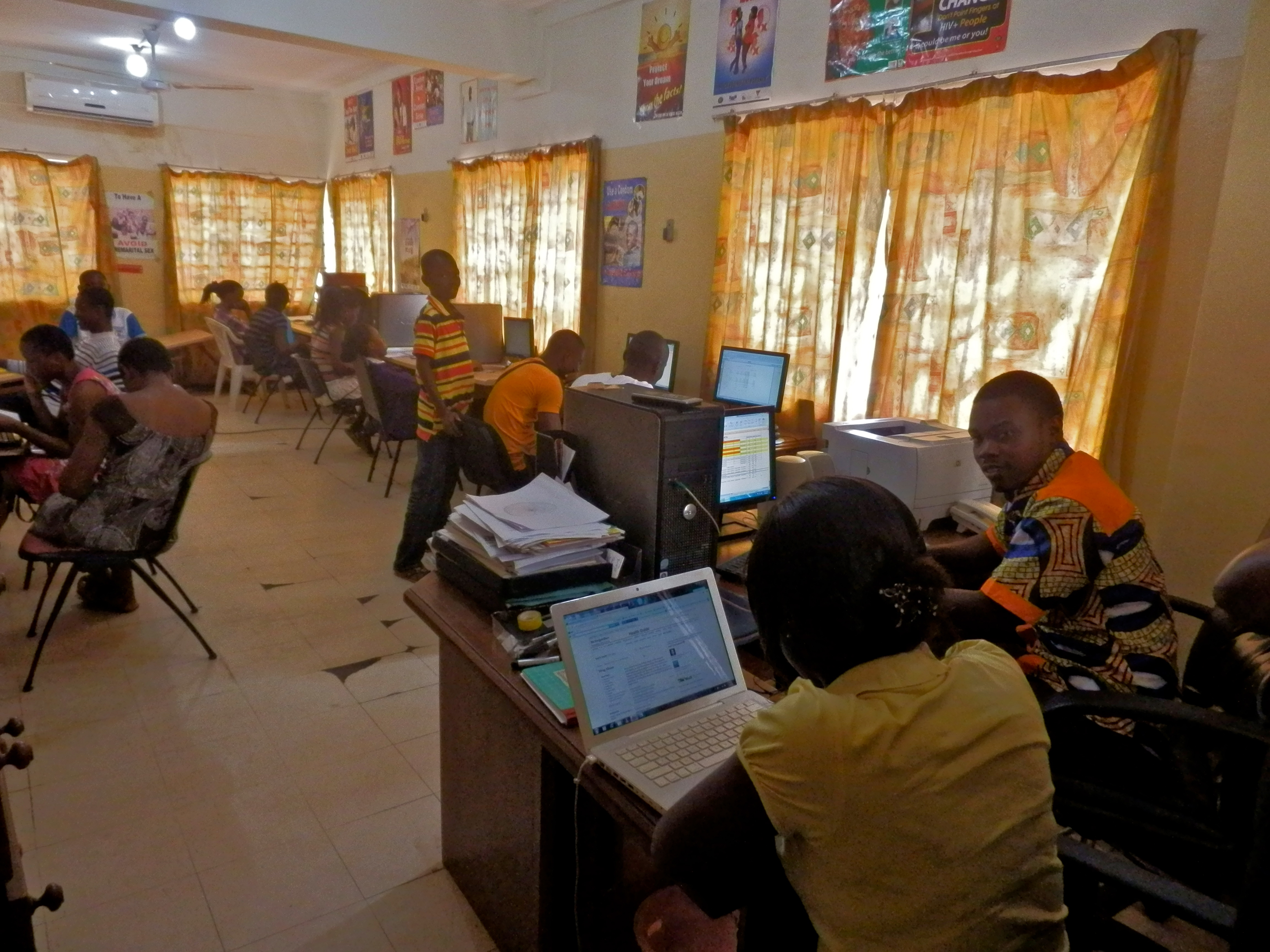Technology transfer
Catching up – slowly
Over the past 15 years, technological progress has been faster in poor countries than in rich ones. This trend is largely due to more open markets and foreign investment, say the authors of the World Bank’s most recent Global Economic Prospects. This year’s edition of the report looks at how technology is spreading in the developing world. Nevertheless, the technology gap between the developing and industrialised countries remains wide, and developing countries’ contributions to technological progress are scant. The average spread of mobile phones in developing countries is about what it was in industrialised nations in 1995. Crucial for technological progress, the report claims, are functioning markets and a dynamic private sector. Provision of physical infrastructures is also said to be very important.
Successful technology transfer to developing countries depends primarily on two factors. The first is whether (and to what extent) a country actually comes into contact with technology, for instance, through international trade or contact with migrant communities in rich countries. Moreover, a significant role is also played by rising imports and processing of intermediate products as well as by international companies.
The second crucial factor is how a country absorbs innovation. In the case of urban elites, this is a relatively rapid process, the report says, but broad sections of the population and small businesses are harder to reach. The same dichotomy is noted in economic sectors: in Brazil and India, for example, highly developed companies harness modern technology and achieve levels of productivity on a par with world market leaders, whereas the productivity of the vast majority of companies is less than a fifth of that of top players.
Absorption of high technology also depends on the business environment, basic technical literacy and finance options. According to the World Bank, governments play a major role in making these things happen. Moreover, governments are also said to often be the first to use and disseminate technologies – as was the case in the fields of electricity, fixed-line telephony or various transport infrastructures. (cir)








